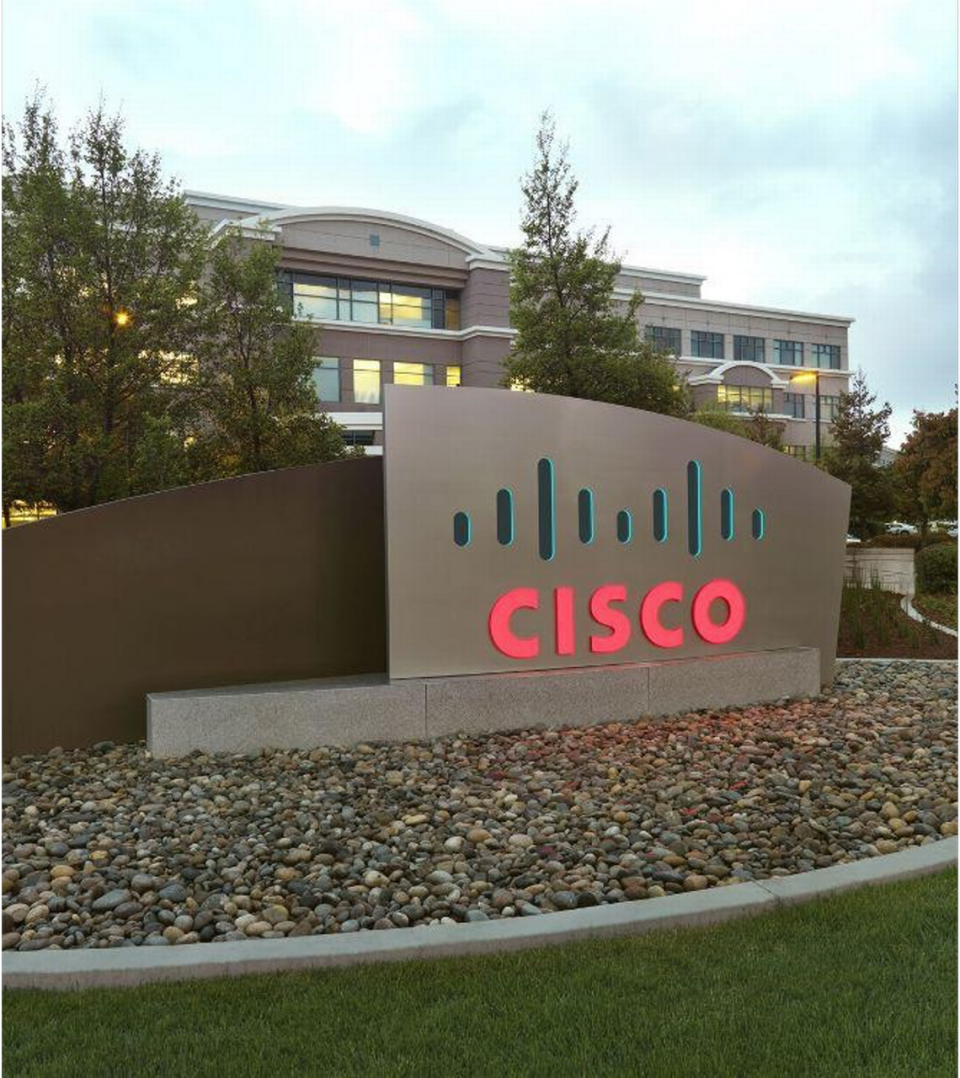Cisco launching rural broadband center in the Triangle to tackle digital divide
Cisco Systems, one of the largest makers of networking equipment, like routers and wireless networks, is launching a new Rural Broadband Innovation Center on its campus in Research Triangle Park — an investment it says will be focused on bridging the digital divide between rural and urban areas.
The campus, which will be kick-started with $20 million, will work on technical solutions to make it easier for internet service providers to reach rural residents and reduce the expense of doing so.
Guy Diedrich, Cisco’s global innovation officer, said the pandemic has made it clear how important a digital connection is — especially as health care and jobs increasingly become more digital focused.
You can now see a doctor from your computer and log in to your job hundreds of miles away from the office, Diedrich said, but that is only possible for those with strong internet connections.
“The challenge that the service providers have is that a big part of what allows them to make money and to prosper is density,” Diedrich said in a video call. “With rural regions, that’s not necessarily an option since they’re sparsely populated. As a result, some 18 million people in the United States are unconnected.”
And many more have connections that don’t reach speeds greater than 25 megabits per second, the minimum to be considered broadband. One Microsoft study from 2019 found that 162.8 million people don’t use internet at broadband speeds.
Diedrich added that globally around 40% remains unconnected to the internet, and Cisco has completed projects to increase connectivity in 40 countries.
Finding new ways to lower the cost of deploying high-speed internet to rural areas will be a large focus of the new innovation center in RTP -- which will be initially staffed by existing employees but could hire additional workers in the future.
“We’ve got to drive (costs) down in order for us to serve everyone in the country,” he said. “That’s important because it determines access: to health care, to education, to government services to job opportunities. It is the thing that separates, truly, the haves from the have nots, and we’ve never seen it more clearly than during COVID.”
During the pandemic, Diedrich said, Cisco attempted to provide solutions to individual areas that were lacking broadband connections. The company set up Wi-Fi hotspots at community centers in rural Arizona for students and low-income neighborhoods in Toronto. (Underserved urban areas will also be a focus of the rural urban center.)
But, Cisco hopes the innovation center provides more holistic solutions than one-off donations of Wi-Fi hotspots. Diedrich said Cisco’s new generation of routers are already lowering costs by creating more wireless options and more efficient operations. He hopes the center will be able to highlight how they can be used in rural areas.
Headquartered in San Jose, California, Cisco has a large presence in the Triangle. Its offices in Research Triangle Park are home to around 5,000 employees, making it one of the largest employers in the region.
The hope, Diedrich said, is that service providers, governments and other tech firms can come to Cisco and collaborate on how to deploy its equipment, especially wireless routers, to rural parts of the country.
“If the outcome is connecting rural and driving down the cost of those connections,” he said, then center will bring together a service provider or another firm to help determine “the sequence, the process whereby we can do that and the technology that would be in place.”
Cisco has worked closely with IBM — which also has a large presence in RTP — on projects in the past, Diedrich noted, including the digitization of the Port of Rotterdam in the Netherlands. Collaboration like that could be spearheaded at the innovation center in the Triangle.
Diedrich said Cisco picked the Triangle as the home of its new center because it is a growing hub of technology-focused companies. Diedrich noted he used to spend a lot of time hanging out at the Raleigh-based software firm Red Hat when it was led by Matthew Szulik.
“RTP is one of the innovation hubs for the country if not the world,: he said. “So placing it in RTP is just logical, and we think that the center is going to have a lot of collaboration partners.”
This story was produced with financial support from a coalition of partners led by Innovate Raleigh as part of an independent journalism fellowship program. The N&O maintains full editorial control of the work. Learn more; go to bit.ly/newsinnovate

 Yahoo Movies
Yahoo Movies 

